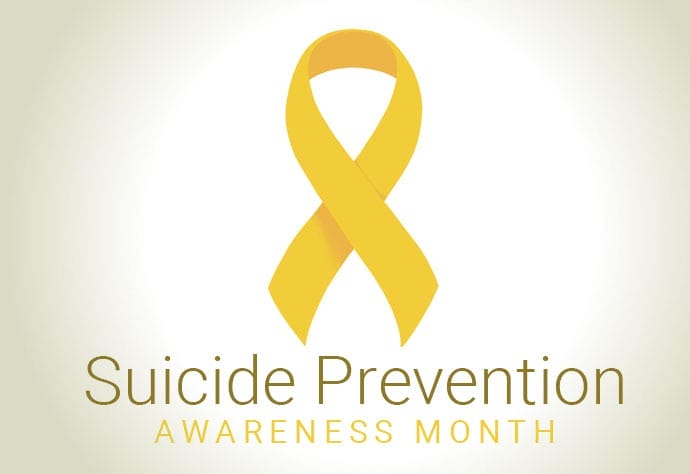
According to the Center for Disease Control (CDC), suicide is now the second leading cause of death among teenagers. A new report also shows that the suicide rate among girls is at its highest in 40 years. Many young people themselves feel they do not have access to the resources that can increase their ability to deal with stress, anxiety, and other mental health issues.
Regardless of our role in a young person’s life – friend, parent, caregiver, sister, brother, relative, teacher, therapist – we need to be aware of the signs and risk factors for suicide, and be prepared to help. The National Institute of Mental Health and the American Foundation for Suicide Prevention both provide resources for learning more. Familiarize yourself with the signs, risk factors, and ways to help below.
Signs That Someone May Be Thinking About Suicide
- Talking about wanting to kill themselves
- Expressing feelings of hopelessness, guilt, or shame
- Researching or planning suicide
- Experiencing unbearable mental or physical pain
- Changing eating and/or sleeping patterns
- Taking risks
- Using drugs or alcohol more frequently
- Displaying mood swings
- Saying goodbye, giving way possessions, and/or putting affairs in order
More detailed lists can be found here and here.
Risk Factors
- Depression
- Substance abuse
- Medical conditions
- Family history
- Stressful life events
- Prolonged stress (including bullying, harassment, and relationship issues)
- Access to firearms and other lethal means
More detailed lists can be found here and here.
How to Help Someone in Need
- Ask if they are considering suicide.
- Limit access to lethal means.
- Listen carefully and acknowledge their thoughts and feelings.
- Point them to resources like the National Suicide Prevention Lifeline (1-800-273-TALK), a mental health professional, a spiritual advisor, or a friend or family member.
- Follow up and keep in touch after the crisis.
More details on these steps can be found here and here.
Immediate Professional Help
- The National Suicide Prevention Lifeline: 1-800-273-TALK (8255)
- The Crisis Text Line: Text TALK to 741741
- Lifeline Crisis Chat: http://www.crisischat.org/




